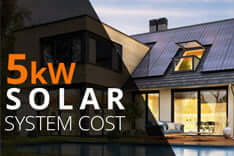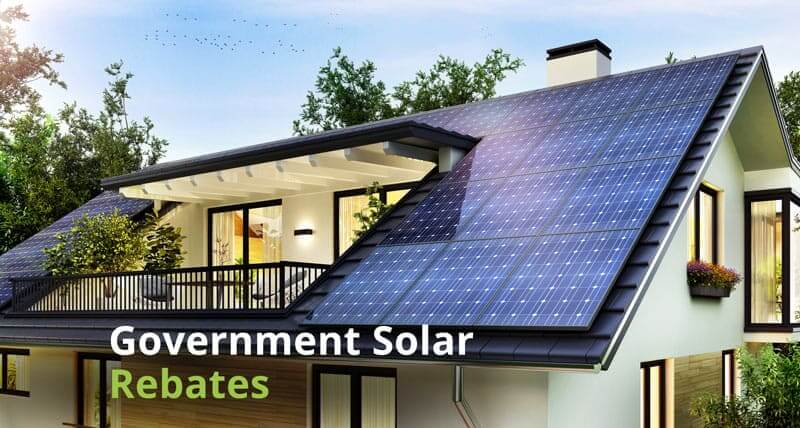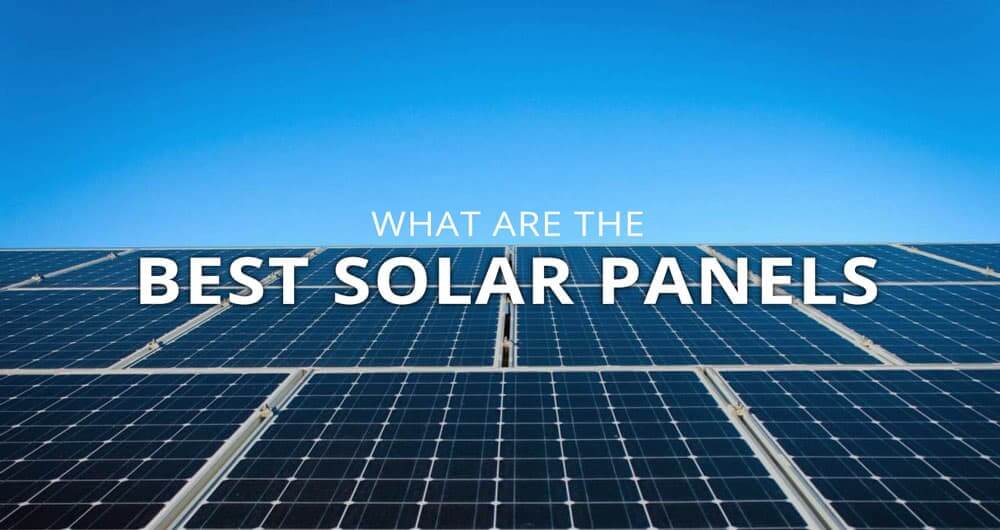Home How long do solar panels last?
How Long Do Solar Panels Last?
With the recent surge in the cost of living, I’ve found myself increasingly contemplating ways to slash my expenses. Lately, solar power has really piqued my interest, triggering inquiries about various aspects: how it all works, the upfront costs involved, how long the solar panels last, and if transitioning to solar truly offers significant benefits.
Studies show that solar panels last up to 25-30 years, but the average span is 25 years. Most solar panel companies come with a 25-year warranty. After the 25th year, solar panels degrade from 0.5% to 0.8%. This means your solar panels will work at 80-88% of their original capacity after the warranty period ends.
In the rest of this article, I will talk more about the different types of solar panels, how long they last, and the proper maintenance in order to make them last as long as they can.
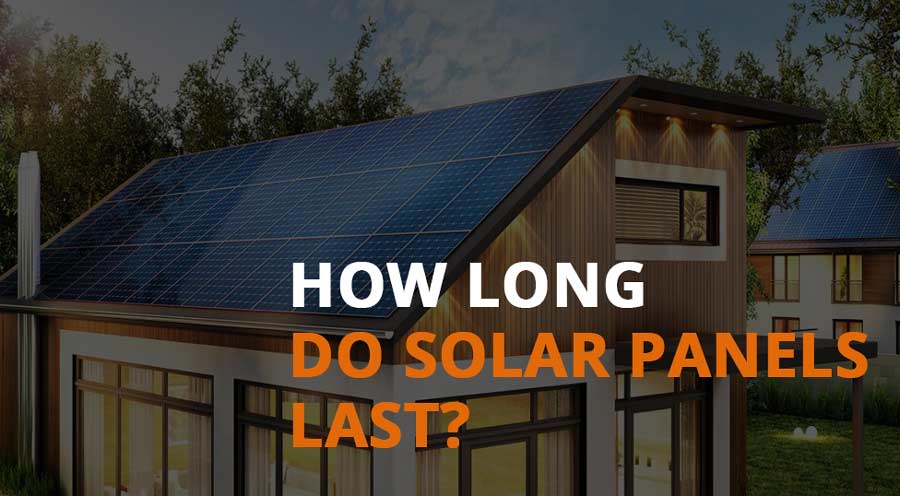
Table of Contents
ToggleWhat types of panels last longest?
There is a lot of different type of solar panels in the market, but the most common are these four types. These are the following types of solar panels:
Monocrystalline Solar Panels – Life Expectancy: 25-30 years
Monocrystalline Solar Panels (Mono-SI) are expensive, but more durable than the others because they can withstand higher temperatures. They are made of monocrystalline silicon. You can distinguish them by their round edges and dark color.
Polycrystalline Solar Panels – Life Expectancy: 20 years
Polycrystalline Solar Panels (p-Si) are cheaper than Monocrystalline Solar Panels. Its efficiency is slightly lower and it cannot be exposed to high temperatures because of its durability. They are mostly blue with squares and uncut angles. Some may consider that the polycrystalline is the least aesthetically pleasing out of all of them due to the ununiformed look of these panels.
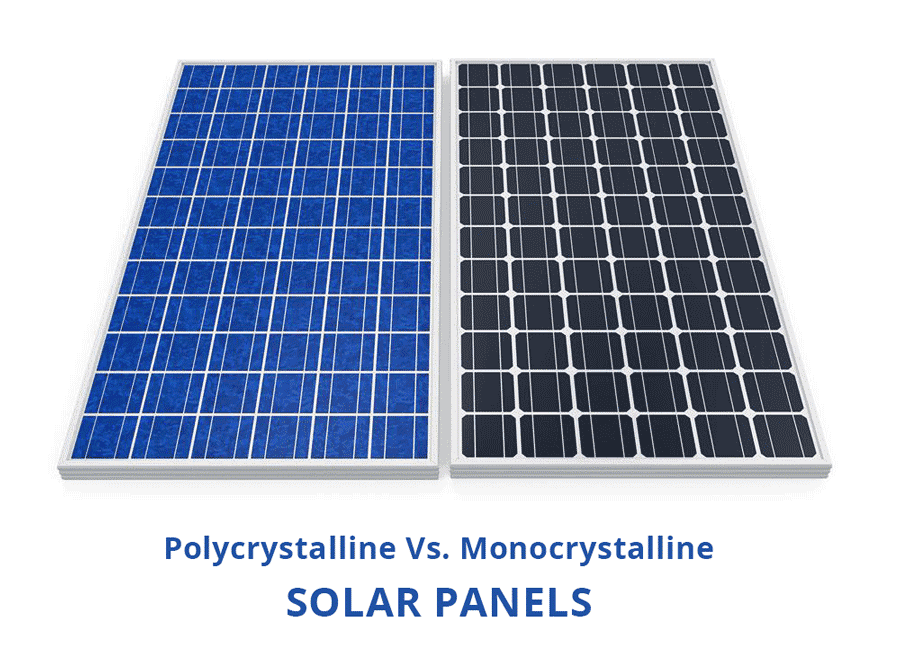
Thin-Film: Amorphous Silicon Solar Panels – Life Expectancy: 15 years
Thin-Film panels are one of the cheapest options since it’s easy to produce. They are flexible, affordable, and used for smaller power systems. These panels are also not advisable to be used in residential housing because it takes up too much space. If space is not an issue, this will work best for you. Among all of the 4 solar panels mentioned above, these come with the shortest warranty with the manufacturers since it tends to degrade more quickly. You can identify these panels by having a solid black appearance and has no frame.
Concentrated PV Cell – Life Expectancy: 20 years
Lastly, the Concentrated PV Cell (CVP). These are very efficient, but to make it work at its best, the panels should be facing the sun at all times. They have curved mirror surfaces, lenses, and cooling systems that contribute to higher efficiency. It should have a solar tracker that moves to follow the sun.
To sum up, which one lives the longest, it would be the Monocrystalline Solar Panels. These panels have a 25-year warranty with most companies/manufacturers. These are also the oldest and most developed types of solar panels in the market. They have the highest efficiency rates as they are made from the highest grade of silicon. It’s also worth noting that monocrystalline solar panels take up the least amount of space between all the mentioned types of panels. Though it is more expensive, you’re guaranteed that it will be working the longest out of all of the others.
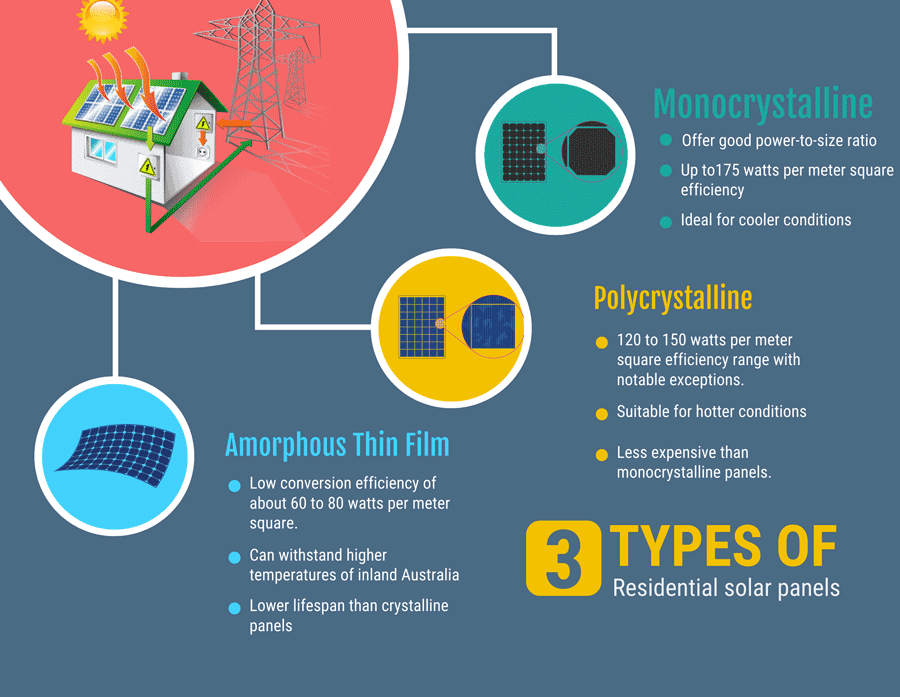
What normally goes first in a solar system?
Now that we know which type of solar panels live the longest, let’s tackle which one goes first in a solar system.
In a solar system, you have your panels, the battery, and the inverter. Panels are the electrical devices that absorb the sun’s light and turn it into electricity.
These are arranged in a grid-like pattern. It can be installed on the roof or in an open space like in your backyard or empty lot. Batteries on the other hand are used to store energy gathered to produce the electricity that you need at home. It also stores excess energy for later consumption and is used to charge the battery. Inverters are responsible for converting the solar energy absorbed by the solar panels into electricity. Some consider inverters as the brain of the solar system.
Battery and Inverter actually go first before the panels. Both are needed to be replaced once during the duration of the warranty of your solar panels.
Batteries can last between 5 to 10 years while inverters can last up to 10 years, but their life expectancy greatly depends on the physical environment.
If inverters were exposed to high temperatures, it has a great effect on their lifespan. Batteries on the other hand decrease their ability to have full battery over time. For example, if batteries are 5-8 years, their’ charge capability naturally will hold for only about 70-80%.
In conclusion, we really can’t estimate when your inverters, panels, and batteries will die. It really depends on what brand you purchase or the kind of physical environment your solar panels are installed into.
When will I need to replace solar panels?
Based on research, solar panels can actually last as long as 40 years they aren’t physically damaged in some way. With this in mind, as long as you don’t mind them working at reduced capacity after 25 years or so, you shouldn’t need to replace your solar panels every 40 years.
You may consult your manufacturer once your warranty period comes up so they can access the efficiency of your solar panels and provide you with an exact answer when you will need to replace your solar panels. Efficiency greatly depends on one’s usage.
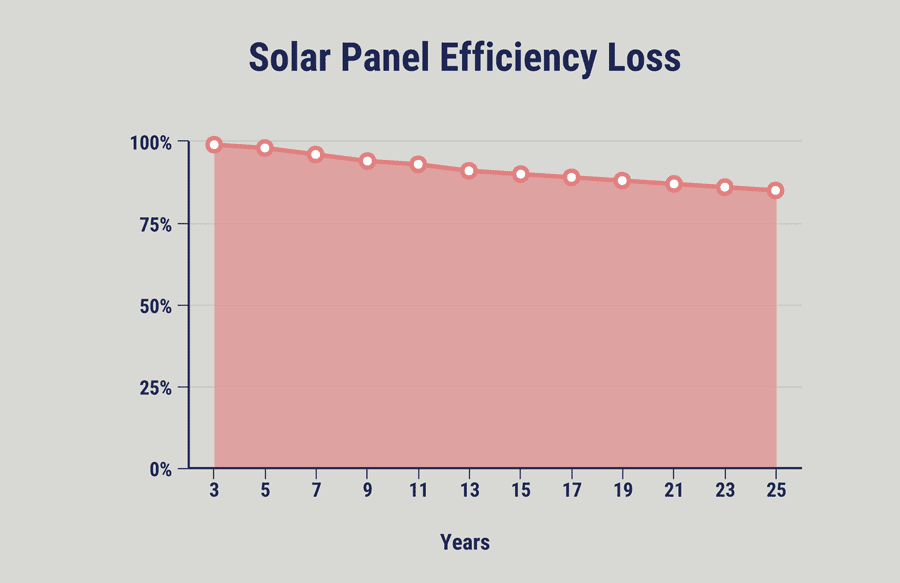
Will they maintain their efficiency?
Truthfully, your solar panels won’t maintain their efficiency since it degrades over the years. More so, if it’s not maintained properly. Manufacturers guarantee that the panels will maintain about 80% of their capability after 25 years. Depending on how you maintain and care for them, you can maximize their efficiency.
There are ways to maximize the efficiency of your solar panels. One way is to make sure that your panels are not in a shady area. Before you install your panels, plan where they can get the most sunlight. Installing your panels at the right location and correct angle will go a long way.
Your manufacturer can help you strategically place your solar panels to get the most out of its capabilities. As you may not know, if another panel is not getting any sunlight, it gets energy from its neighbor panel. Additionally, your panels should have a gap on each panel to ensure that there is air movement and avoid them from getting heat.
Another way is to use one device at a time so you’ll know that you’re using less electricity. Appliances consume most of your electricity so take note not to use them at the same time. Turn off appliances that you don’t use, like the television or computer.
Your inverters need some proper care too, though they can withstand extreme changes in weather or in temperature, you need to maintain them as well. Keep them free from debris and dust. Fans and filters should be cleaned regularly too.
Maintaining and replacing your batteries will certainly maximize the efficiency of your panels too. Batteries have the chance to fail in the first year of use if it’s not cared for properly.
Always remember, you will lose anything that you don’t care for.
Can you make them last longer?
Though your solar panels will eventually wear out, the good news is, you can help them last longer by doing the following:
1. Clean your solar panels at least once a year. Some manufacturers advise owners to clean them twice a year. Wiping off dust with water or cleaning solutions for solar panels will do the work. Also, check the instructions thoroughly on how to properly clean your solar panels. If there are none provided, you can contact your manufacturer to ask.
2. Make sure that there are no leaves or debris on your panels. Check them from time to time and remove these as soon as possible.
3. Prevent an increase in temperature in your solar panels. High temperatures can degrade your solar panels.
4. Consult an expert to check your panels. It’s always best to consult an expert since they are the people who know what’s best for your panels and have the right knowledge and experience in handling them.
To conclude, solar energy is a great investment as long as you are a good owner. Keep in mind the tips and tricks that can maximize the efficiency of your solar panels. Plan the location of your solar panels systematically like panel direction, panel angle, and gaps between your panels.
Research thoroughly which type of solar panel works best for you. Work with a professional to provide you with good advice on how or where it’s best to install your solar panels.
Lastly, educate yourself on how to properly care for your panels. Maintenance is a big key to extending the lifespan of your solar panels.
Table of Contents
Toggle

